Some things cannot be learned in books and lectures. Translating knowledge into real life skills requires practice. Many professions regularly use methods such as simulation that provide practice to their trainees. We have developed a program at York University that takes advantage of these experiential learning tools.
As educators practicing for over a decade we have explored diverse ways to engage students in meaningful learning experiences. We have learned both from our own research and teaching that learning needs to be meaningful. Simulation uses human interaction to enhance professional development and provide an opportunity to practice skills in a safe space where one can make mistakes and try again with feedback and coaching.
The Simulated Person Methodology program utilizes simulators to replicate real workplace issues. This allows York University students the opportunity to apply knowledge and practice real life skills necessary to the workplace.
Some of the skills learners may develop through simulation within your class include:
-
- Demonstrate application of critical thinking and reasoning
- Develop interviewing skills using open-ended questions
- Maintain objectivity
- Understand the effect of eye contact, silence, paraphrasing, acknowledgement and bias on communication
- Respond to non-verbal cues
- Convey understanding
- Use body language appropriately
- Build trust
- Establish rapport
- Provide and receive feedback
- Develop reflective skills
- Develop emotional intelligence
Founder and Director of SPM Lab

Eva Peisachovich
Dr. Eva Peisachovich is an Assistant Professor at the School of Nursing and the founder and director to the SPM Lab, a pan university initiative geared to enhance experiential education across multidisciplinary sectors and provide faculty and students with the tools to enrich their classroom contexts at York University.
Her scholarship, teaching, and service are firmly rooted philosophical perspectives on teaching and learning, which include a learner-centred approach, reflective practice, and experiential and transformative learning. Her research program involves exploring pedagogies associated with simulation-based environments including simulated persons (SPs), Virtual Reality (VR), and eLearning to promote professional competence and prepare students for the workplace and clusters around three main foci: a) competency- and evidence-based research and knowledge mobilization in support of various experiential-education approaches in developing professional competence, especially in higher education milieus; b) simulation methodology and innovations in pedagogical context; and c) student experience. She has been awarded both internal and external funding to develop and sustain this program including York University’s Academic Innovation Fund and through the Social Sciences and Humanities Research Council. Her work has been promoted through various means including the university newsletter and at national and international journals and presentations. The research associated with this initiative has led to an innovative SP model to disseminate SPM within higher education to reach disciplines beyond health. The model includes workshops for faculty and the development of a 3-credit course “Reflective Practice Through Simulation”. The model features a broad focus to include humanities and social sciences disciplines and develops an inexpensive roster of simulators via the applied component of this course, making it a unique initiative within the academic community that affords an inexpensive opportunity to provide high-quality experiential learning to undergraduates. This is critical as the key function of education is to fully prepare students for life after schooling―preparation for the world of work is a necessary and vital part of that equation.
Degrees
PhD - 2014
York University
Toronto, Canada
Selected Publications
Peisachovich, E., Johnson, S., Epstein, I., Da Silva, C., Gal, R., Appel, L., & Popovic. C. (2018). Simulated-person methodology workshop: Enhancing pedagogical practices within higher education. International Journal for Cross-Disciplinary Subjects in Education, 8(4), 3283– 3293.
Peisachovich, E., Nelles, LJ., Murtha, S., Popovic, C., Epstein, I., and Da Silva, C. (2017). Proposing an Innovative and Collaborative Model to Embed a Simulated-Person Methodology Program within Higher Education. Innovation in Teaching and Education International. DOI: 10.1080/14703297.2017.1399808. http://www.tandfonline.com/doi/full/10.1080/14703297.2017.1399808 [Online]
Epstein, I, Peisachovich, E., Da Silva, C., Lee, C., & Solomon, P. (2017). Medical Aesthetics Training: Shifting to Collective Competence. The Journal of Plastic Surgery Nursing, 37(3):103–108. doi: 10.1097/PSN.0000000000000196
Epstein I., Herne P., Masita S., Peisachovich E., Da Silva C., Grosman-Rimon L., Lee C., Robinson B., & Eliadis M. (2017). The Practice and Teaching of Palpation of the head and Neck: A scoping Review. Journal of Nursing Education and Practice, 7 (12), 20-27 doi: 10.5430/jnep.v7n12p20
Peisachovich, E,H., Nelles, LJ., Johnson, S., Nicholson, L., Gal, R., Kerr, B., Popovic, C., Epstein, I., and Da Silva, C. (2017). Developing a Simulated Person Methodology Workshop: An Experiential Education Initiative for Educators and Simulators. International Journal of Higher Education, 6 (1), 230-238.
Peisachovich, E. H., Gal, R., and Johnson, S. (2017). Experiences of 4th year nursing students with human simulators in their transition to practice. Journal of Nursing Education and Practice, 7(3), 1-9.
Peisachovich, E. H, Murtha, S., Phillips, A., and Messinger, G. (2016). Flipping the Classroom: An Approach to Enhance Judgment and Decision Making by Engaging, Interacting and Collaborating with First Year Undergraduate Students. International Journal of Higher Education, 5 (4) 114-121.
Peisachovich, E. (2016). Reflection Beyond Action: A Modified Version of the “Reflecting” phase of Tanner’s Clinical Judgment Model. International Journal of Nursing and Health Science. 3(2): 8-14
Peisachovich, E. H.(2016). Succeeding on the Canadian NCLEX-RN Incorporating Experiential Learning Approaches in the Education of Internationally Educated Nurses. Journal of Nursing Education and Practice, 6 (7), p. 101-108.
Mitchell, G.J., Pilkington, B., Jonas-Simpson, C.M., Daiski, I., Cross, N.L., Johnston, N., O'Grady, C.P., Peisachovich, E.H., & Tang, S.Y. (2016). Nursing education and complexity pedagogy: Faculty experiences with an e-learning platform. Journal of Nursing Education and Practice, 6 (5).
Peisachovich, E, H. (2015). The Importance of Intercultural Fluency in Developing Clinical Judgment. Journal of Nursing and Health Care, 2 (2), 53-59.
Peisachovich, E, H. (2015). The experience and understanding of clinical judgment of internationally educated nurses. Journal of Nursing Education and Practice, 5 (8), 33-43.
Chen, S., Coffey, S., Peisachovich, E, et al. (2008). Implementing Best Practice Guidelines onto Personal Digital Assistants: Preliminary Results and Lessons Learned. The Journal on Information Technology in Healthcare, 6 (1): 33-41.
Other Research Outputs
Affiliations
Staff and Education Development Association (SEDA)
Current Research
Experiential Education
Simulated Learning Environments
Elearning
Contact
Assistant Professor, RN, PhD
Locations / Contact Info:
Health, Nursing and Environmental Studies Building, 353
Phone: 416 736 2100 Ext. 33931
Email address(es):
peva@yorku.ca
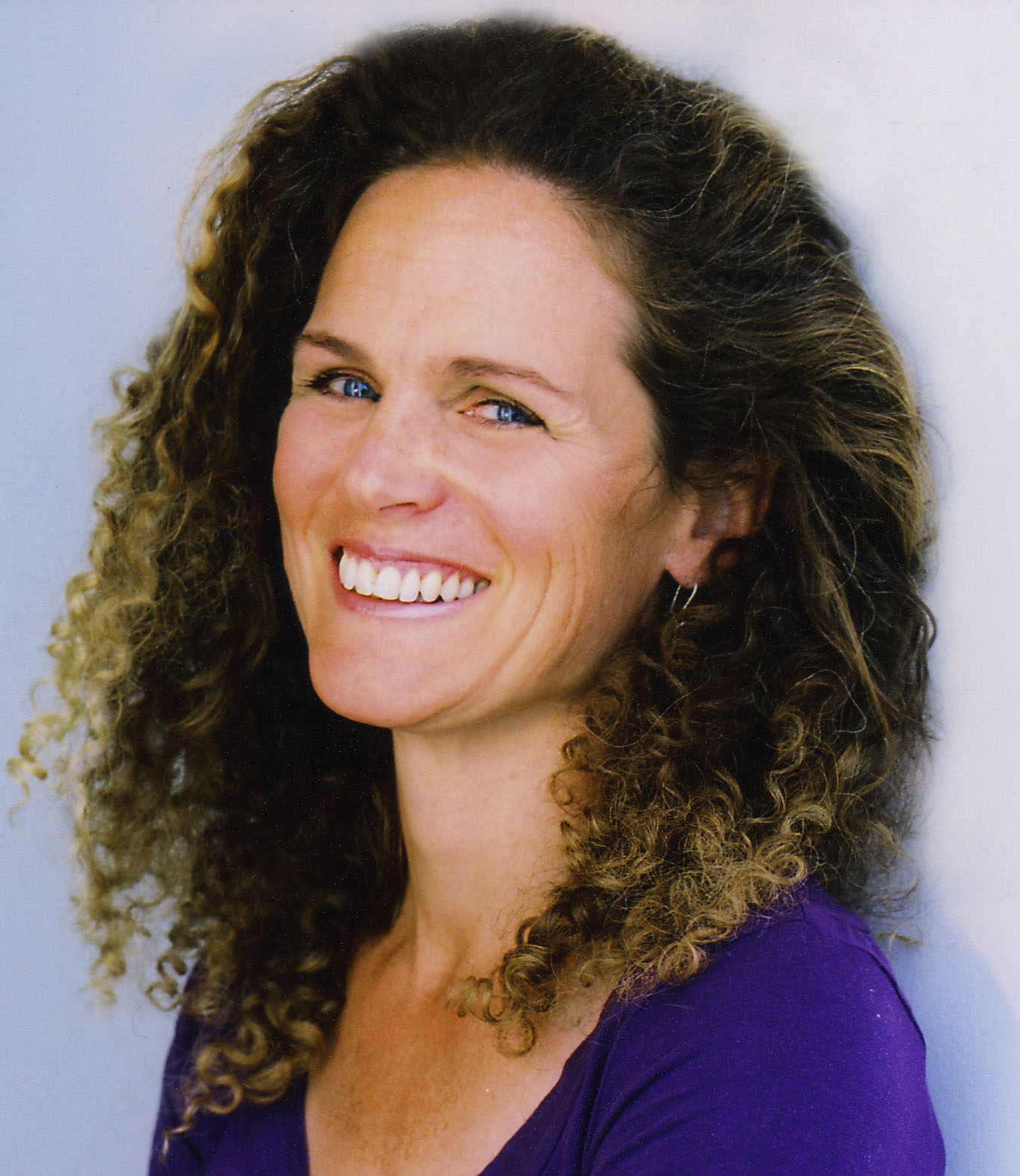
LJ Nelles
LJ Nelles is a PhD candidate at York University in the Department of Theatre. She has worked in medical education and human simulation for 14 years and is experienced in curriculum development, knowledge to practice and the creation of instructional content for e-learning. She is an educator in geriatric psychiatry at Mt. Sinai Hospital and is the Theatre Educator in Residence for the Humanities and Medicine Program at University of Toronto. A qualitative researcher, her doctoral work focuses on phenomenological, pedagogical and neuro-scientific aspects of performance training and the embodied knowledge that is a result of practice. LJ brings years of professional theatre experience as an actor, director and voice teacher to her work with non-theatre professionals where she uses performance practice to foster self-awareness, embodied practice and effective communication. She continues to work in the theatre training and coaching theatre professionals.
Selected Publications
Chapters
Wesson, V. Chiu, Mary., Feldman, R., Nelles, L. J., and Sadavoy, Joel. Dementia and Caregiving. Mental Health and Illness of the Elderly: Mental Health and Illness Worldwide. 1-33. Springer. Feb. 2017
Articles
Peisachovich, E.H., Nelles, LJ., Johnson, S., Nicholson, L., Gal, R., Kerr, B., Popovic, C., Epstein, I., Da Silva, C. Developing a Simulated-Person Methodology Workshop: An Experiential Education Initiative for Educators and Simulators. International Journal of Higher Education. 6:1, 2017
Chiu, M., Wesson, V. (Co-PI), Grek, A, Meerai, S., Nelles, LJ and Sadavoy, J. (Co-I). Understanding The Lived Experience Of Individuals, Caregivers And Families Touched By Frailty, Chronic Illness And Dementia In Ontario. Commissioned by the Law Commission of Ontario for Improving the Last Stages of Life. June 2016.
Nelles, Laura J., Smith, Cathy M., Lax, Leila R., and Russell, M. Lynn. Translating Face-to-Face Experiential Learning to Video for a Web-based Medical Communication Program. Journal of the Society for Teaching and Learning in Higher Education. 2(1). Sept 7, 2011.
Nelles, Laura Jayne. My Body,Their Story:Performing Medicine. Canadian Theatre Review. 146, 55-60, 2011
Lax, Leila. R., Russell, M. Lynn, Nelles, L.J., and Smith. Cathy M. (Oct/Nov.2009) Scaffolding Knowledge Building in a Web-based Communication and Cultural Competence Program for International Medical Graduates. Supplement Academic Medicine.
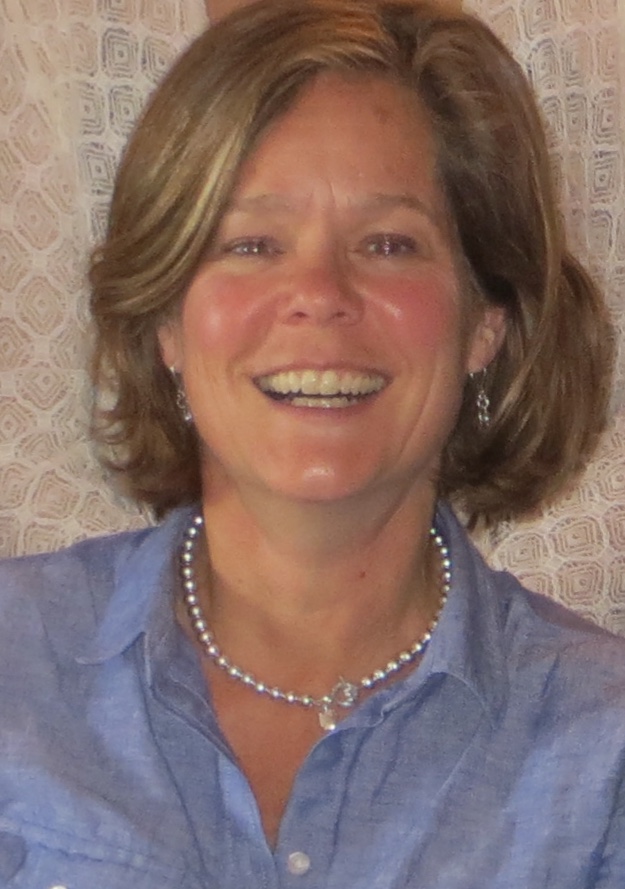
Karen Delaney-Laupacis
Karen is thrilled to join the SPM team as a Simulated Persons Trainer. Karen has been involved in simulation for over 20 years as an SP, trainer, facilitator, and presenter. Karen has interviewed potential SPs, trained SPs for simulation, facilitated workshops, and helped clients develop roles and workshops for their students. She has presented at international and national conferences and workshops, been an invited lecturer, and was a recipient of Sim-one Award.
Karen’s background as an ICU and ER nurse provides her with the simulation skills necessary in the clinical realm.
Selected Publications
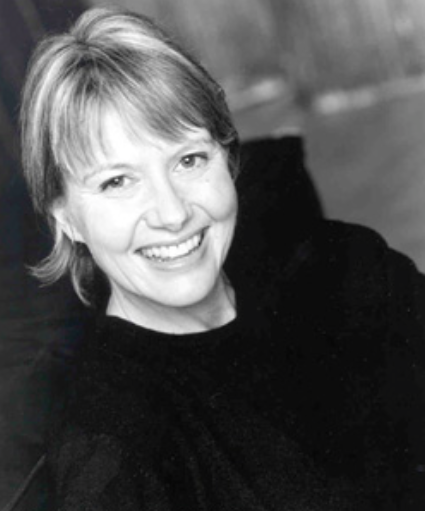
Susan Greenfield
Susan is delighted to join the SPM team as a Simulated Persons Trainer. She brings her background as a nurse, an actor and 20 years of work in simulation as a trainer, facilitator and SP. Her involvement with simulation work began at the University of Toronto Standardized Patient Program as an SP and this evolved into work as an SP trainer for a variety of medically oriented Licensing Exams and educational activities involving facilitation and feedback. She has been working concurrently with The Michener Centre, The Reitman Centre, The George Brown College Nursing Simulation Centre, and The Peel Police in similar capacities. Her role with the SPM Lab at York University involves training SPs for pan university simulation events and in class activities, interviewing potential SPs to join the SPM team, facilitating workshops and training sessions involving faculty and staff, and working with educators to create simulation scenarios for their pedagogical contexts.
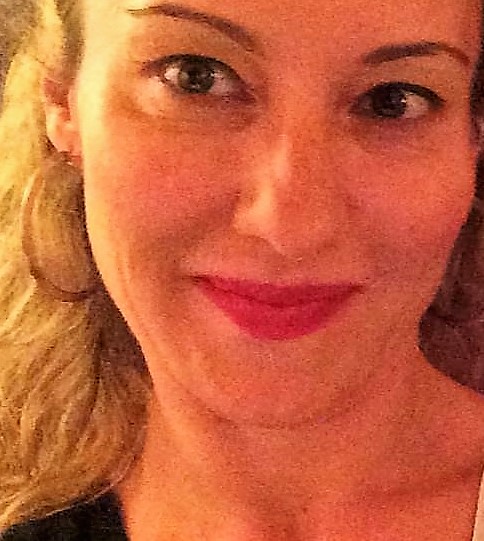
Celina Da Silva
Celina Da Silva is an Assistant Professor at the School of Nursing Faculty of Health. Her research program focuses on innovation in simulation and e-learning education geared for nursing and interdisciplinary students. Trends within simulation include the use of more virtual simulations, which allow us to access and implement the pedagogy of simulation anytime or anywhere, particularly in online courses and programs. Her role is to evaluate the design, refinement and effectiveness of the simulation interventions on student’s acquisition of knowledge, skills and attitudes in a programmatic way. Moreover, Celina has other research interests such as, addressing faculty development as well as, assessment and evaluation of level IV outcomes.
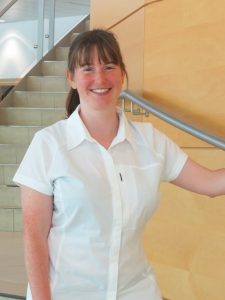
Natasha May
Natasha May is an Educational Developer in the Teaching Commons at York University. Natasha has a passion for the student experience which she follows through her own teaching of mathematics. She is also involved in a number of initiatives related to the student experience, including, in addition to Simulated Person Methodology (SPM), academic integrity and inclusive teaching. Natasha also takes a lead role in teaching development programming for Graduate Students and Teaching Assistants. Natasha's role specific to the Simulated Person Methodology Lab is to educate and support instructors in implementing SPM into their courses. In addition to the workshop, Natasha offers consultations individually with faculty members as well as in small groups, which may consist of a teaching team as well as SPs. Natasha can observe classes that use SPs and debrief with instructors afterward, as well as support Scholarship of Teaching and Learning research into the use of SPs in the classroom. If faculties wish to incorporate SPM into their program requirements, Natasha can assist with application to Major Modification Proposal.
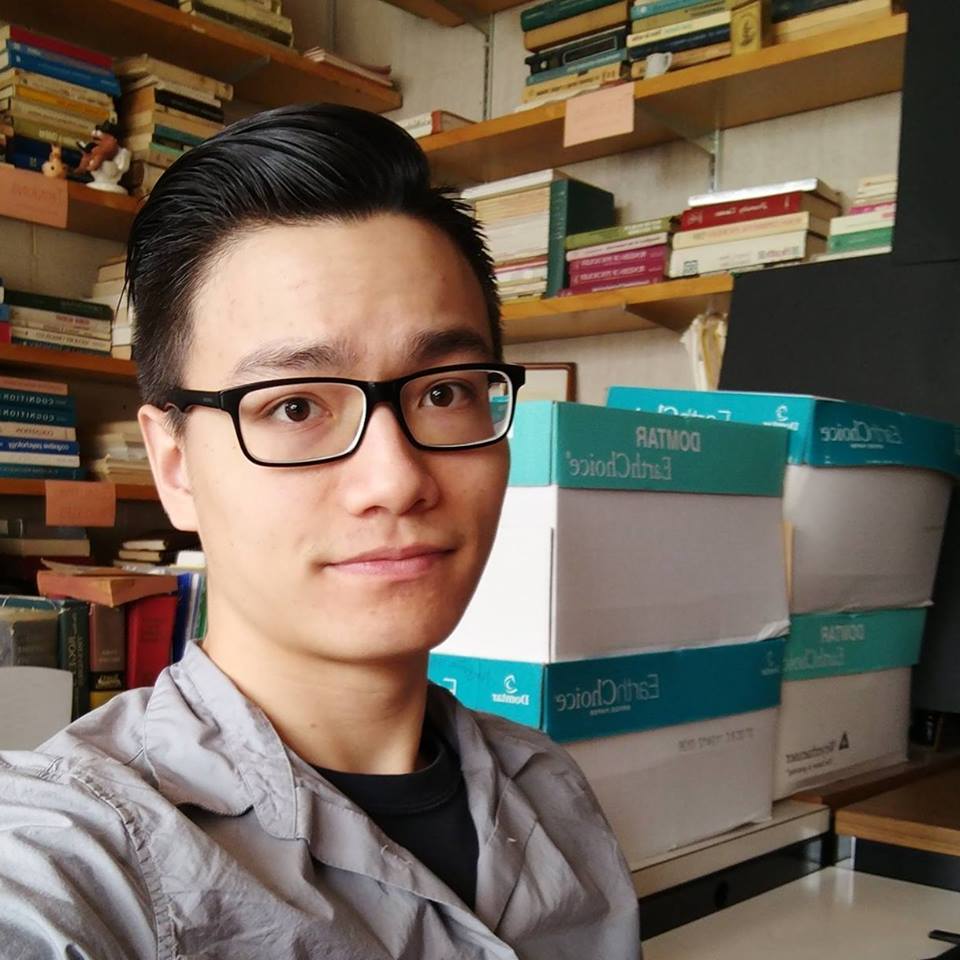
David Remisch
David is a research assistant at SPM Lab and supports the Lab Coordination. David provides support with various projects and oversees the communication, promotion, and organization of the events in the Lab such as coordination of speaker series, SPM workshops, and recruitment of SPs and coordination with SP Trainers. He supports liaising with faculty members, departments, and experiential educational developers across and beyond York campus.
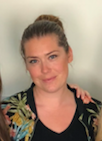
Jennifer Klein
Jennifer Klein is a Lab Coordinator and oversees the communication, promotion, and organization of the events in the Lab such as coordination of speaker series, SPM workshops, and recruitment of SPs and coordination with SP Trainers. She supports liaising with faculty members, departments, and experiential educational developers across and beyond York campus.

